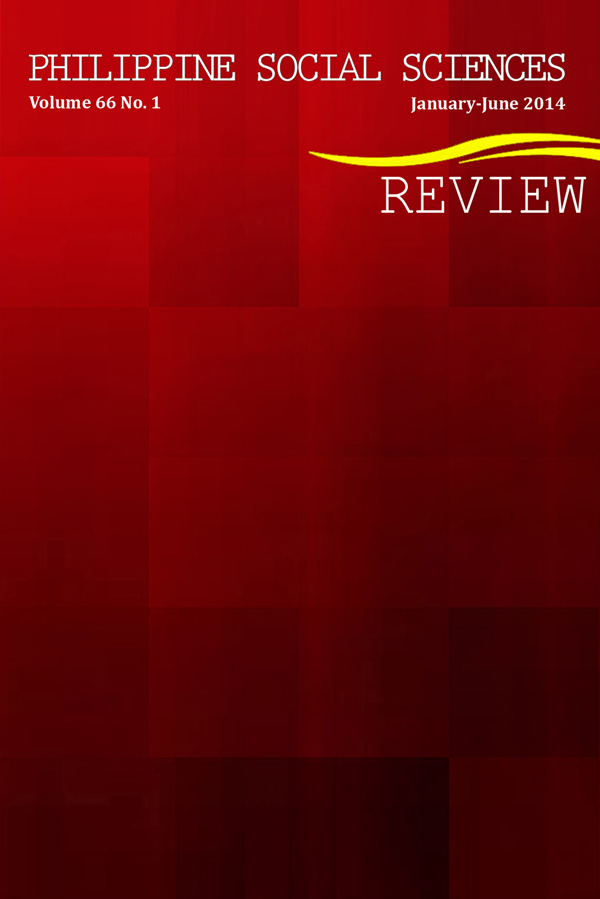On the Nature of Ethics for Teachers
Abstract
Teaching is argued to be a moral enterprise; thus, educators must actively and critically engage in what they must do to be called ‘good’ for the goal of education, according to Plato, is to gain an understanding of and acquire virtues. Teachers are to live the ‘good’ life so that they may produce good, virtuous men. This paper questions if teachers are morally bound to live a particular life; if their duty is not limited to being an agent of knowledge but, above all else, an agent of morals; and if so, are they ever free? It primarily aims to examine the set of moral principles that guide those in the academe. Drawing on a wide array of literature, the paper introduces three arguments and counter arguments for upholding a universal code of ethics. In the end, the paper takes the stand of the middle ground, recognizing the need of placing limits to what an educator can do as a safeguard to the educative process while maintaining the belief that teachers are also individuals whose right of choice must still be upheld.
Published
2014-08-15
How to Cite
CASLIB, Bernardo N..
On the Nature of Ethics for Teachers.
Philippine Social Sciences Review, [S.l.], aug. 2014.
ISSN 2672-3158.
Available at: <https://journals.upd.edu.ph/index.php/pssr/article/view/4343>. Date accessed: 01 oct. 2025.
Section
Articles
Keywords
philosophy of education, ethics, moral teacher, middle ground, ‘good,’ good teacher


